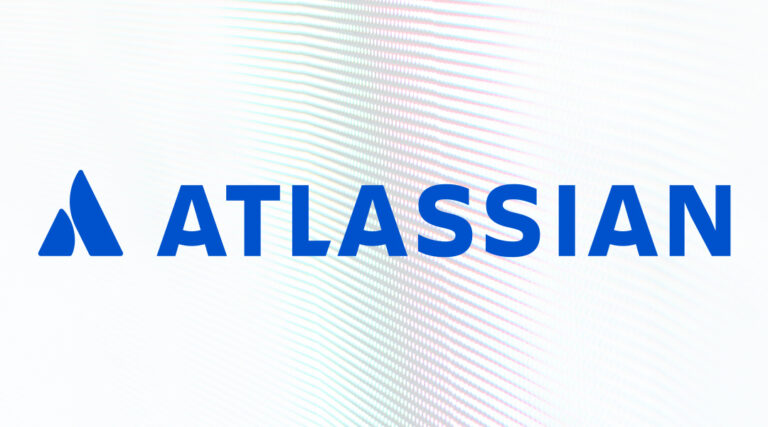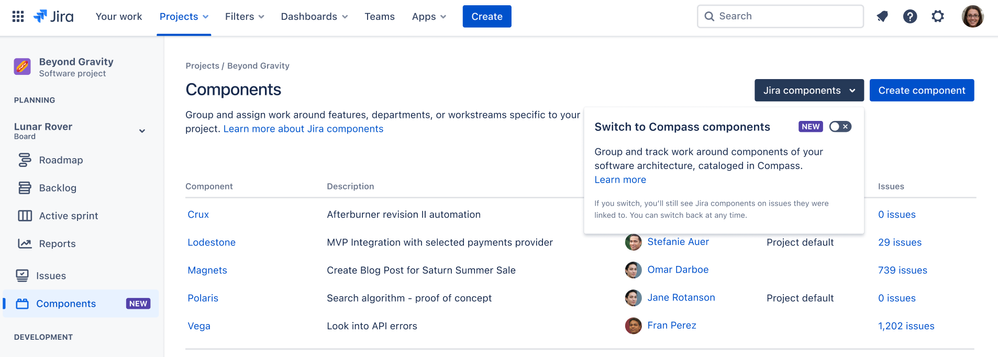
Atlassian is continuing in its efforts to transform its developer services into a fully fledged DevOps automation platform, integrating BitBucket and Forge to provide custom merge checks, and also adding work suggestions in Jira and a new integration between Jira and Compass.
Custom merge checks in Bitbucket, in open beta, is a means of adding functions hosted in Forge, Atlassian’s serverless platform, for compliance checks that go beyond the built-in ones. This is the first of a number of new features which aim to make Bitbucket part of a DevOps automation platform. According to product manager Edmund Munday, “Forge is set to become the backbone for a suite of more specialized features aimed at solving complex business problems, from stringent compliance requirements to sophisticated orchestration of CI/CD pipelines.”
These efforts are no doubt necessary for Atlassian to compete effectively with the likes of Microsoft-owned GitHub, which already has a similar feature via GitHub Actions.
Compass, described as a developer experience platform, was released in October 2023. It is a portal whose dashboard tracks software projects, developer activity, and metrics on project health. A Compass component represents the output of a software engineering team, with component types including application, library, service, and machine learning model.
Jira, Atlassian’s issue tracking service, has its own version of components; but there is now an option to use Compass components instead of using Jira components. These can then be associated with Jira issues, and listed on a Components page within Jira. The docs promise that “any Jira component data that you’ve already applied to historical issues will be preserved – there’s no risk of data loss.” There are some limitations: Compass components do not work with automation (a fix is promised around April), and those with more than 30,000 Jira projects cannot use Compass components yet.

Jira also now has work suggestions that highlight issues specifically impacting the logged-in user, such as pull requests that add them as a reviewer, requested changes, failed deployments, failed builds, and critical security vulnerabilities.
Last month Atlassian ended support for its on-premises server products in favor of cloud subscription versions. Existing server instances will still function but will not receive updates or security patches. That said, there remains an enterprise self-hosted option called Data Center, which can be deployed to servers or to Kubernetes clusters, though this is unattractive for small-scale users thanks to costly licensing. The tech giant is also hoping that Data Center users will move to cloud, and according to co-founders and CEO Mike Cannon-Brookes and Scott Farquhar, “migrations from Data Center are driving more than 60% of cloud migrations, and we’ll only see this trend accelerate.”
